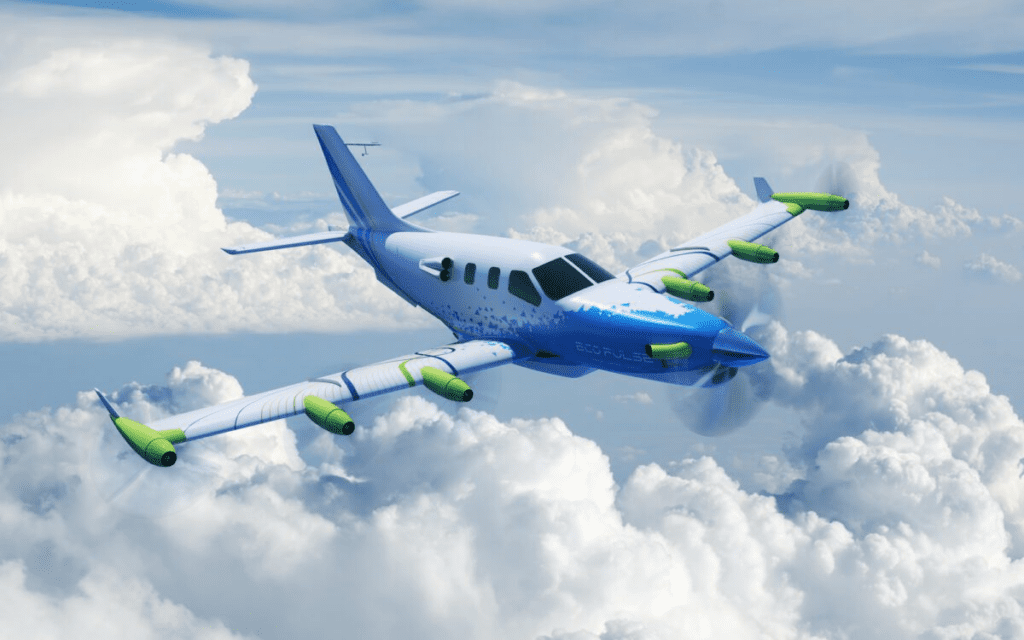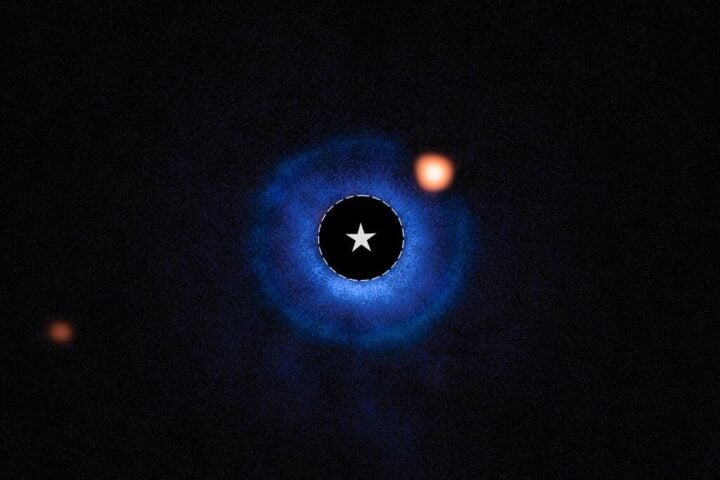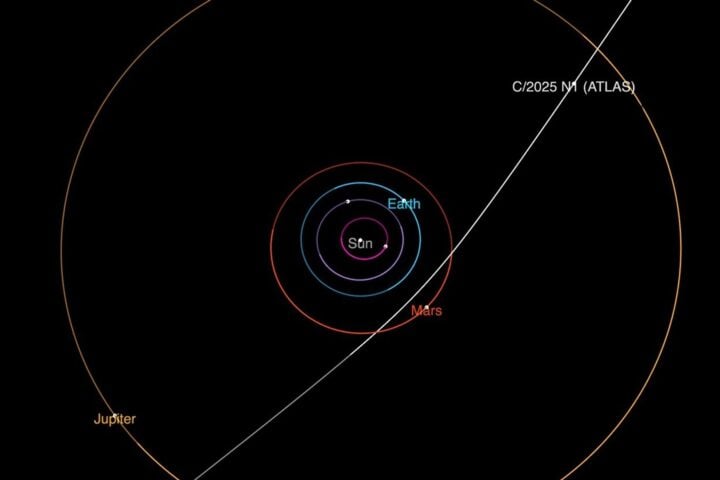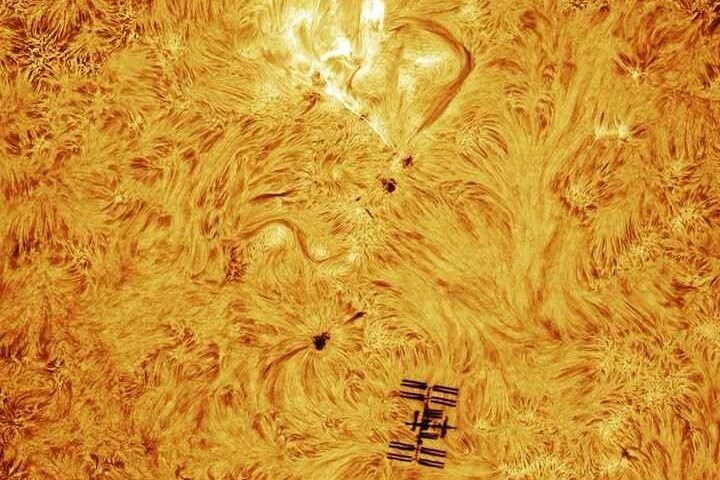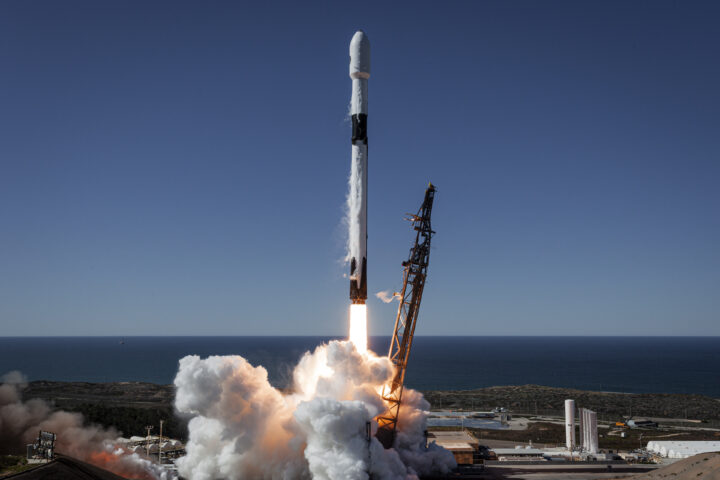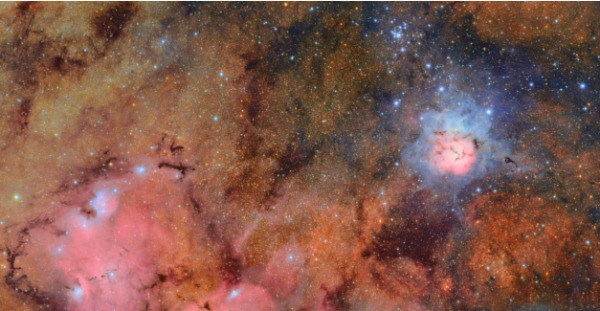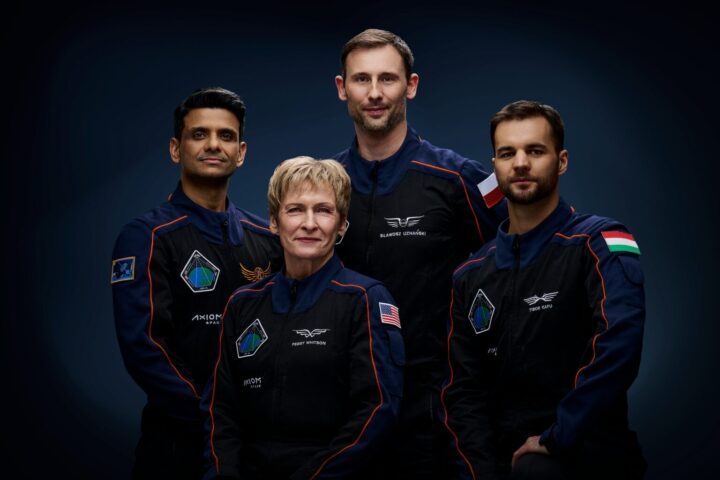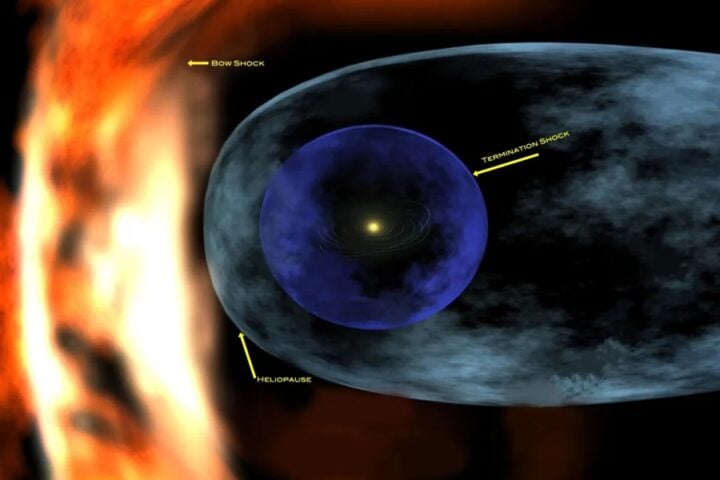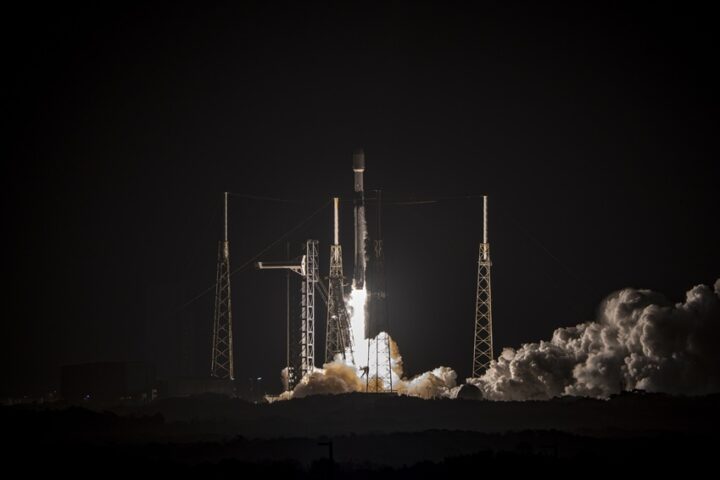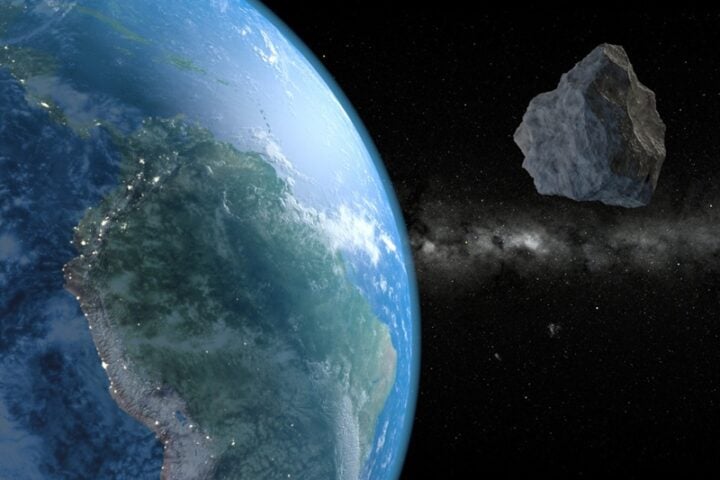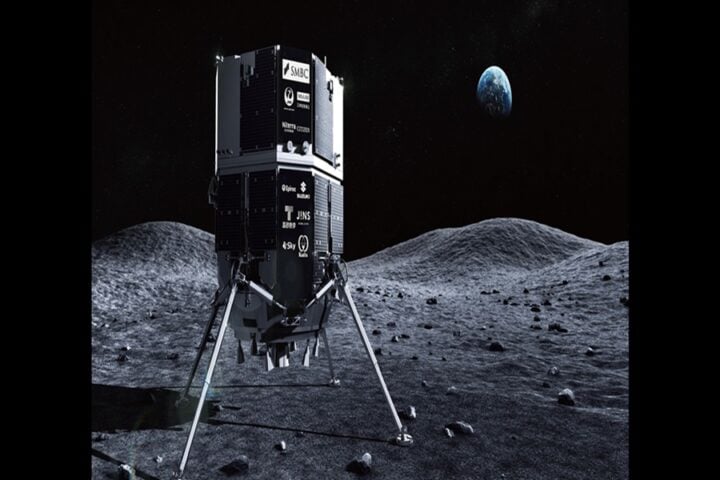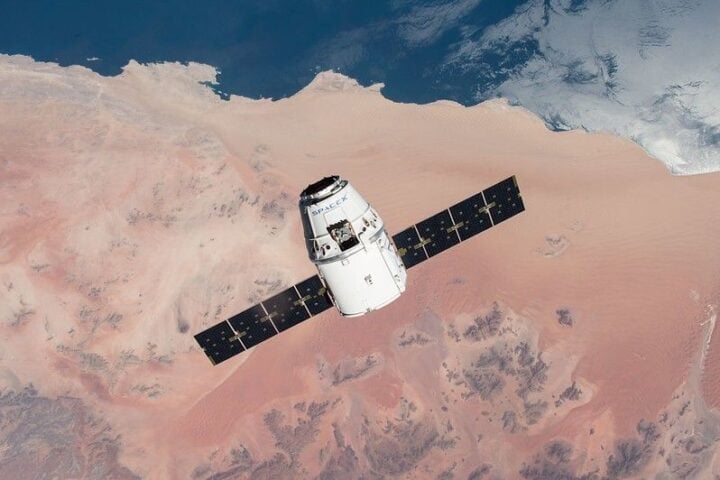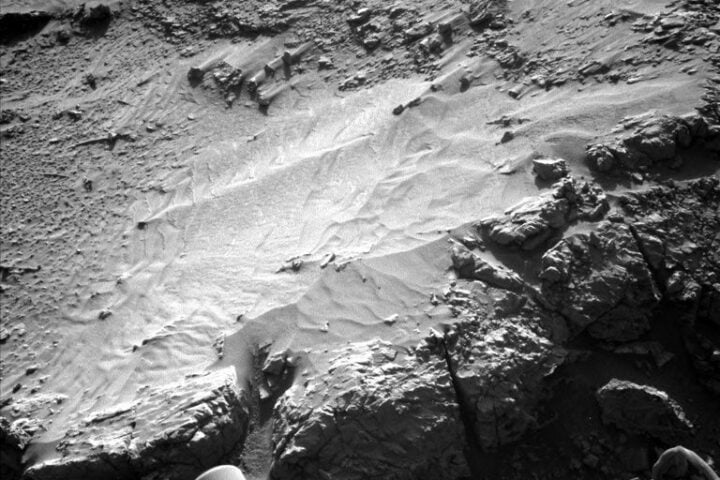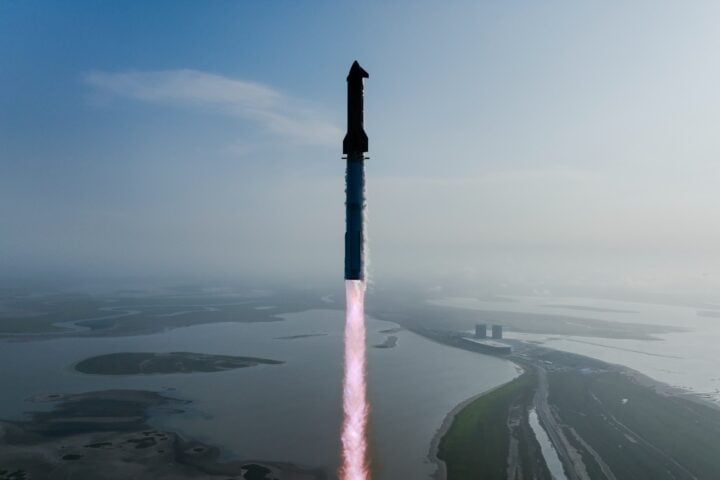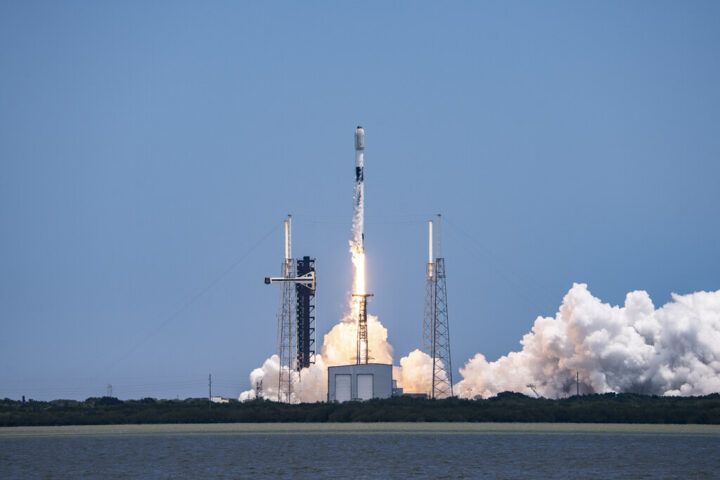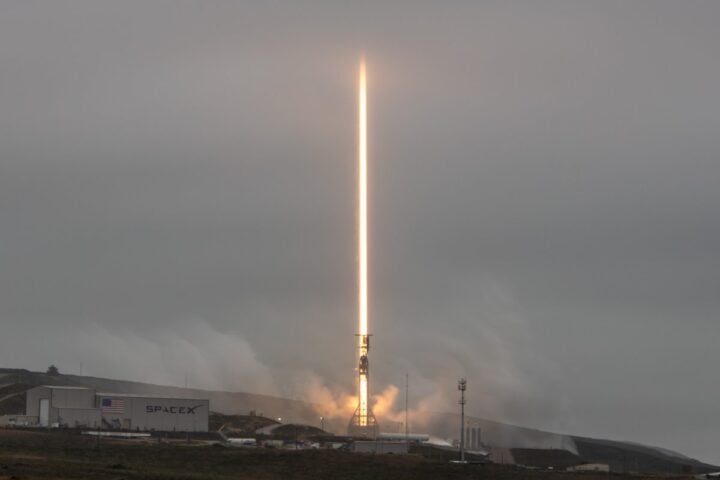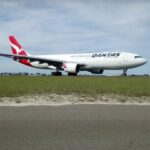On Thursday, a twin-fuselage jet was prepared to carry a Virgin Galactic rocket plane, named VSS Unity, with a three-man crew from Italy into the sky of New Mexico for a high-altitude launch. The crew consisted of two Italian air force colonels and an aerospace engineer from the National Research Council of Italy, who joined their Virgin Galactic instructor and the spaceplane’s two pilots. The flight was expected to take them about 50 miles (80 km) above the desert floor.
This launch marked a significant moment for Virgin Galactic as it inaugurated commercial service, offering space tourism experiences to paying customers. Richard Branson founded the company in 2004. Virgin Galactic, like few others, is catering to wealthy individuals for the opportunity to experience supersonic rocket speed, microgravity, and the Earth’s curvature from space.
https://www.youtube.com/live/0-bnaq9BKio?feature=share
While this flight was primarily seen as a scientific mission, with the Italian crew collecting biometric data, measuring cognitive performance, and studying liquid and solid mixing in microgravity conditions, it also served as part of the astronaut training for Italian Air Force Colonel Walter Villadei, who was designated as the commander. The crew was rounded out by Air Force Lieutenant Colonel Angelo Landolfi, a physician and flight surgeon, and Pantaleone Carlucci, a research council member acting as the flight engineer and payload specialist. They were joined by Colin Bennett, Virgin Galactic’s lead “astronaut instructor,” and Unity’s two pilots, Michael Masucci and Nicola Pecile.
Similar Post
The flight was expected to last 90 minutes, with the passengers experiencing a few minutes of weightlessness and witnessing the curvature of the planet. Virgin Galactic had sold approximately 800 tickets for its commercial flights, and they planned to launch their next scheduled commercial space flight, Galactic 02, in August. The company aimed to roll out monthly flights to space following that launch.
Virgin Galactic faced setbacks during its development, including a fatal accident in 2014 when a spaceplane on a test flight broke apart midair. However, the company continued to pursue its goals in the suborbital space tourism sector, competing with Jeff Bezos’s Blue Origin. Blue Origin had sent 32 people into space but had its rocket grounded after an accident in September 2022. The company announced its intention to resume spaceflight soon.
The scheduled launch came shortly after Virgin Orbit, another company associated with Richard Branson, announced the cessation of operations following a mission failure in the United Kingdom. In January, Virgin Orbit attempted to complete the first satellite launch from UK soil but encountered a failure, causing the payload to be lost in the ocean.

